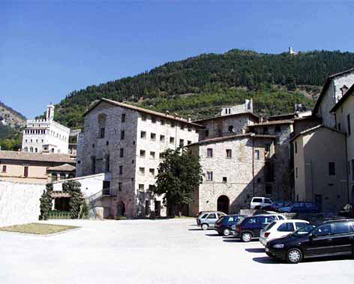|
|
|
|

|
|
| ARTURO FRONDIZI | ||
|
The great emigration al the end of the 1800 |
|
The Frondizi family |
|
Giulio was born in Gubbio on the 12th September 1965 from Ubaldo Frondizi and Teresa Minelli, in the quarter of St.Martino, lived in via della Foce number 29, in Via Gabrielli number 19 and in Piazza 40 Martiri (then called Vittorio Emanuele). From his father he learnt the art of bricklaying. In 1885 he enrolled in the SocietÓ operaia di mutuo soccorso (Workers society of mutual help).
On the 24th July 1886 Giulio
married Isabella Ercoli, daughter of Ubaldo Ercoli and Virginia Vantaggi,
habitants of the parish of St.Agostino.
|
|
Towards Argentina |
|
The lack of work convinced Giulio to emigrate: he obtained his passport for Argentina on the 9th July 1890. His wife obtained it two years later in 1892. It is not clear whether Giulio left on his own and was joined only two years later by the rest of his family (his wife and two daughters, seing that his son died).
It is certain that after a short
stay at Buenos Aires, already in December 1892 the Frondizi family lived
at Paso de los Libres, in the province of Corrientes.
|
|
The children at university |
|
The Frondizi family composed
of 12 children first moved to Concepci˛n in Uruguay in 1913, and then to
Buenos Aires in 1918 to give his children the possibility of studying at the
university. It served its purpose because: AmÚrico (1896) obtained
his degree in Pharmacy, Ricardo (1900) became a famous English
teacher, Silvio (1907) was politician and lawyer, theorical of
trotzkismo, killed in 1974, Risieri (1910) was philosopher and rector
of the University of Buenos Aires, Virginia (1899) primary school
teacher, from the list Maria is missing (1897) who died very young,
Isabella (1903) who married Juan Tomas, Ersilia (Tersilia) married
Virgilio Prosperetti, from their union a son, Ubaldo, was born in Argentina
(1914) and he became a famous professor of the University of Perugia and
Rome.
|
|
Arturo Frondizi |
|
It is clear that this great
family of Frondizi, with brothers of different ages varying from 1887 to
1910, was Arturo's whole world, a world from which all his experiences and
examples depended.
The 1930's were years of
economical crisis and unemployment, and was a difficult period for all the
countries , including Argentina. But here the crisis was used as an excuse
to let the popular democratic government fall and give power to the
reactionary government lead by Uriburu, who started a hard repression
towards those who formed part of the opposition parties (communist and
socialist). It was at this point that Arturo Frondizi started participating
actively in the student revolts at the University. Due to his insistence on
his reformist and democratic ideas, he had his first prison experience.
|
|
Political Activities |
|
In
the meantime in 1939 the second world war broke out, with obvious negative
effect on the politics and on the economy of Argentina, the difficult
political situation lead to the coup d'etat of 1943 on behalf of a group of
military officials, one of which was the colonel Juan Domingo Per˛n. Pedro
Pablo Ramirez lead the Government.
|
|
Frondizi, President of Argentina |
|
|
|
Official visit to Gubbio |
|
Frondizi decided to pay an
official visit to Europe on the
16th June 1960, in the afternoon, and arrived in helicopter in Gubbio,
from Rome, where he had started his statal visit.
For Arturo Frondizi and his
wife, Gubbio represented a return to his origins, which had never been
forgotten!
n Gubbio he also met Enrico Mattei, president of the ENI (Ente Nazionale Idrocarburi) with whom he discussed possible Italian petrol investments in Argentina.
Unfortunately, in order to create more development, Frondizi
had called to Argentina foreign capitals which inevitably competed with the
local industries, who stopped supporting the President and caused the
mechanism which created the coup d'etat. Frondizi's popularity decreased
greatly, as was visible in the elections of March 1962, 35% of the
approbations were gained by the peronists, who were once again allowed in
the elections. Even though Frondizi prohibited five peronist exponents to
assume the position of provincial governor conquested with votes, the
president was dismissed by the armed forces, who accused him of not having
enough firmness against the peronist movement.
|
|
The exile |
|
Even for Frondizi there was an exile which lasted until
July 1963. He also underwent an attempt in 1964, but without any
consequences.
|
|
Argentina under dictatorship |
|
In March 1976 the
government lead by general of the army, Jorge Rafael Videla, took over full
power, dissolved the parliament and imposed martial law, Videla then started
his political campaign of terror against his political adversaries, based on
arrests, tortures and mass killings.
|
|
The return of the democracy |
|
In October 1983, in a situation of serious economical crisis,
with a foreign debt without precedents and annual inflation of more than
900%, the country had its first democratical presidential elections after
ten years, choosing the candidate of the Radical Party, Ra¨l Alfonsýn. He
lead the country back to democracy: the armed forces were re-organized; the
former military leaders and politicians of the previous ten years were
emarginated; the foreign debt progressively decreased; tax reforms were
introduced. At the presidential elections of May 1989 the peronist candidate
Carlos Sao¨l Menem was elected president.
|
|
SOURCES |
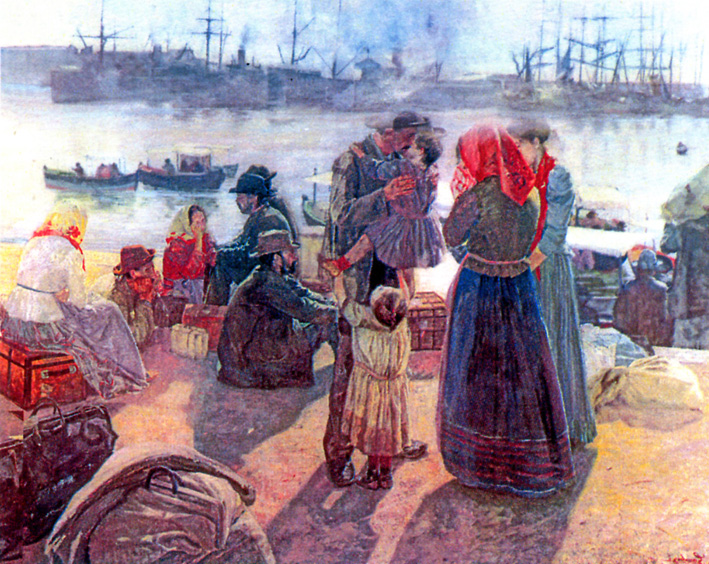
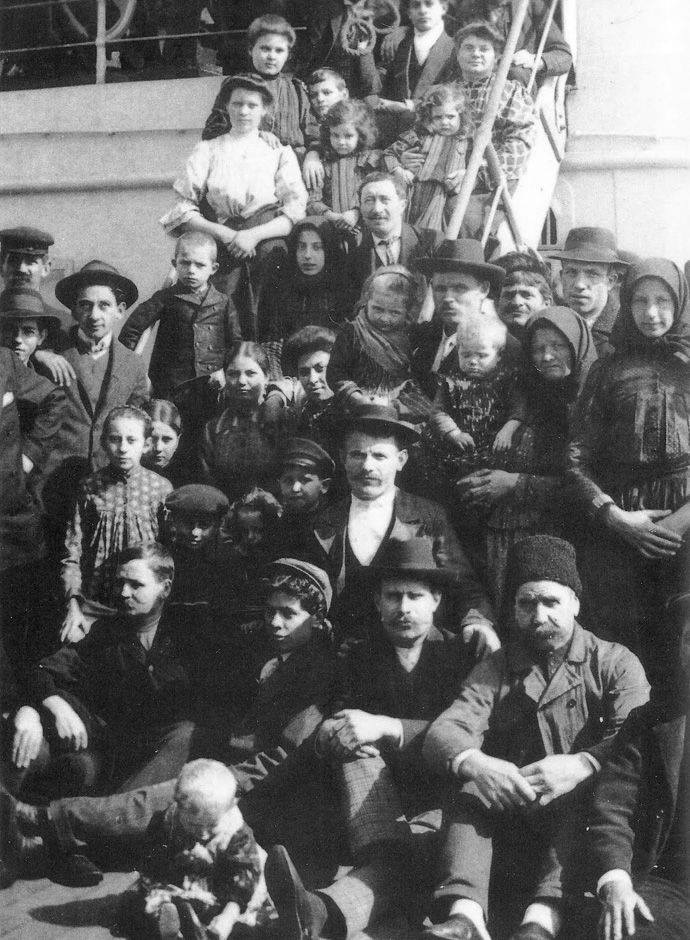
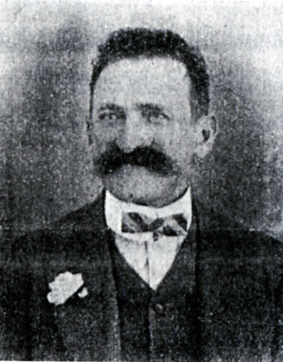
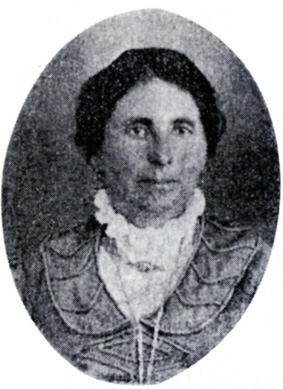
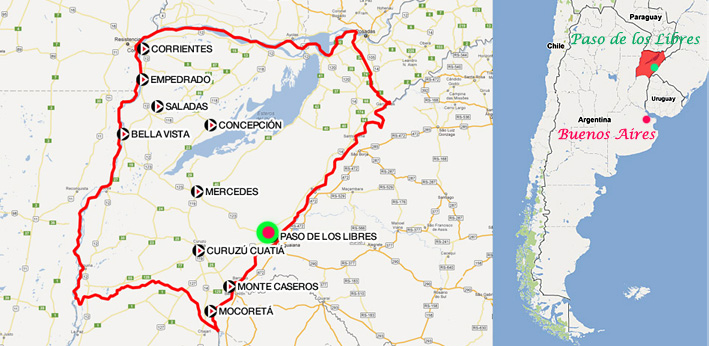
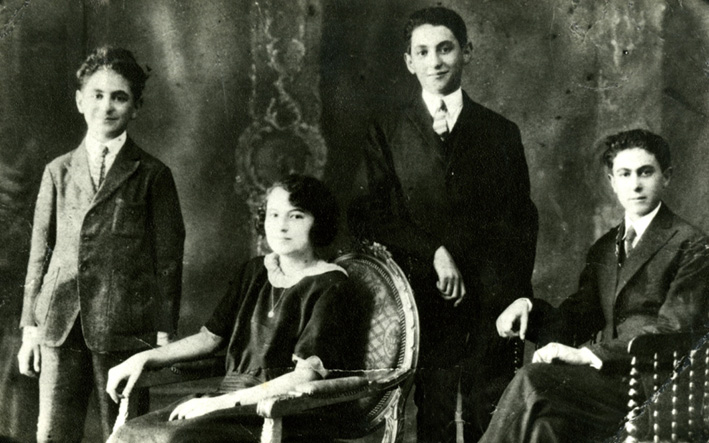
 In the meantime, on the 2nd January 1933 he married Elena Faggionato
(1911), daughter of the eugubinian Clelia Cavicchi and of Giuseppe
Faggionato, of Cologna Veneta.
In the meantime, on the 2nd January 1933 he married Elena Faggionato
(1911), daughter of the eugubinian Clelia Cavicchi and of Giuseppe
Faggionato, of Cologna Veneta. 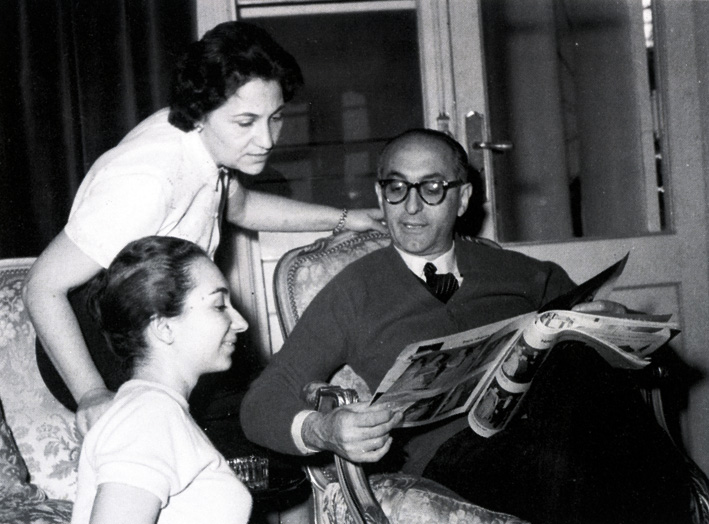
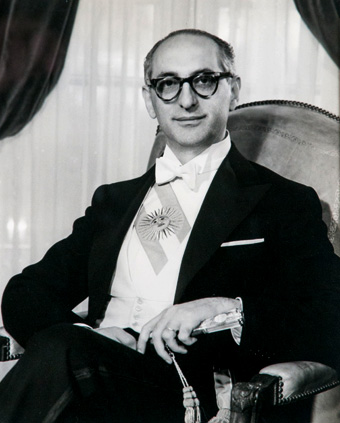 The
elections were repeated on the 23rd February 1958: the party of Frondizi
obtained 44,8% of the votes and Arturo, son of eugubinian emigrants, was
elected President of the Argentinean Republic!
The
elections were repeated on the 23rd February 1958: the party of Frondizi
obtained 44,8% of the votes and Arturo, son of eugubinian emigrants, was
elected President of the Argentinean Republic! 

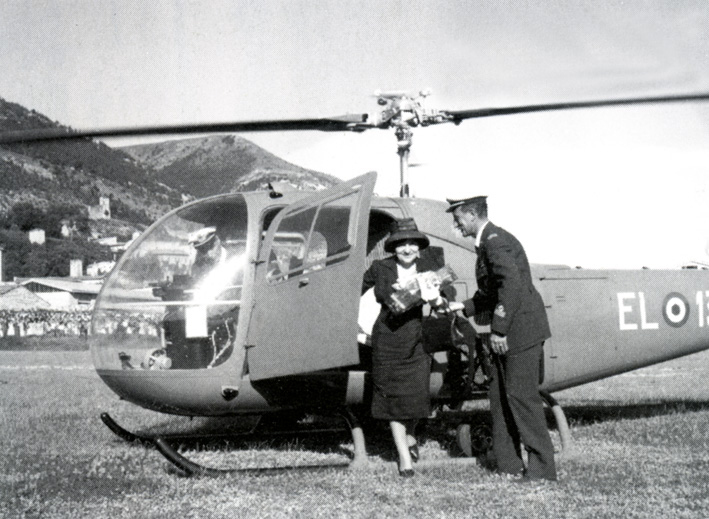
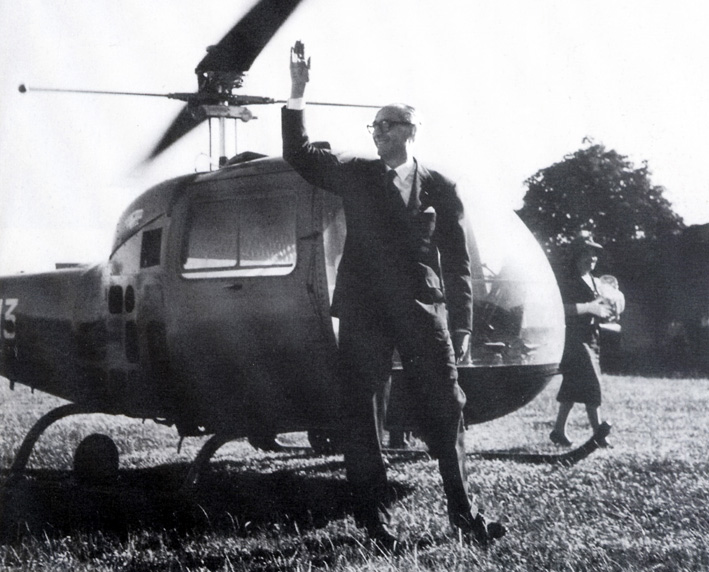

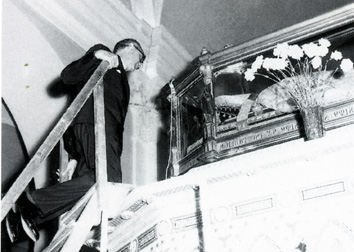
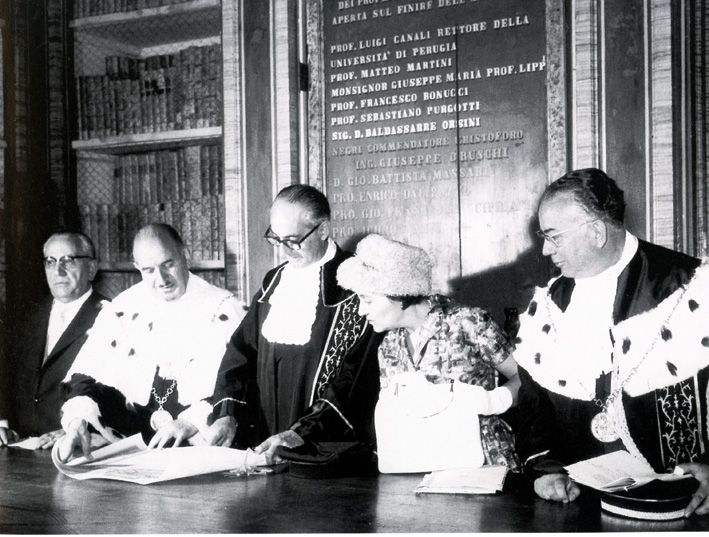
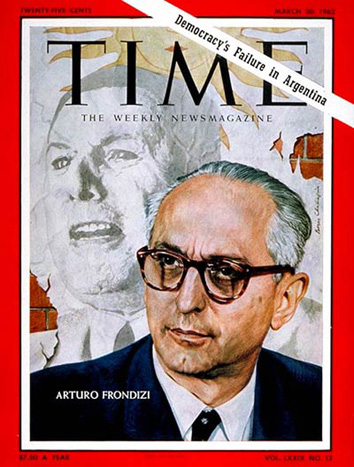 Another two
years passed, and on the 29th March 1962 a coup d'etat ended the period
of democracy which Frondizi had given to Argentina.
Another two
years passed, and on the 29th March 1962 a coup d'etat ended the period
of democracy which Frondizi had given to Argentina. 